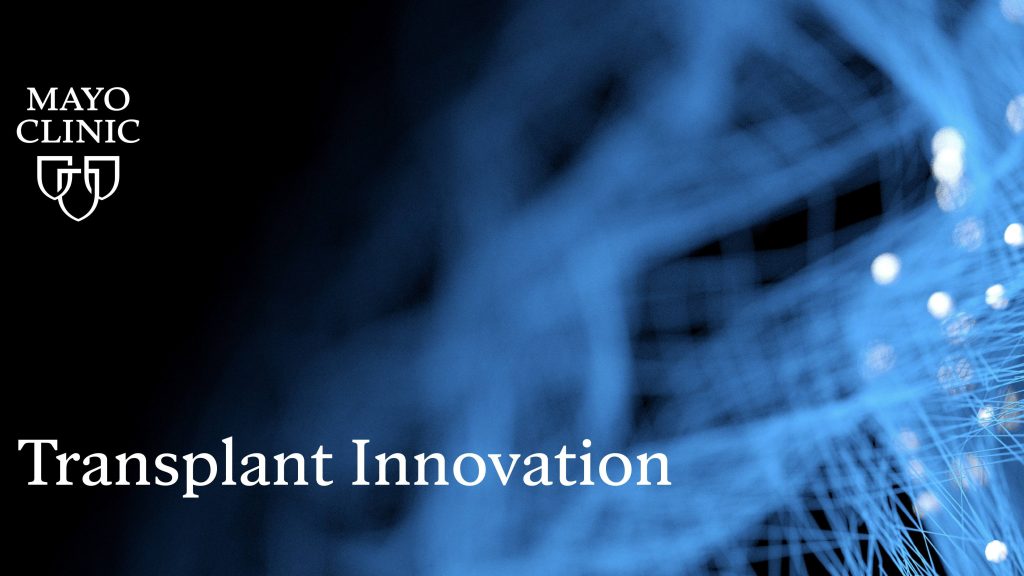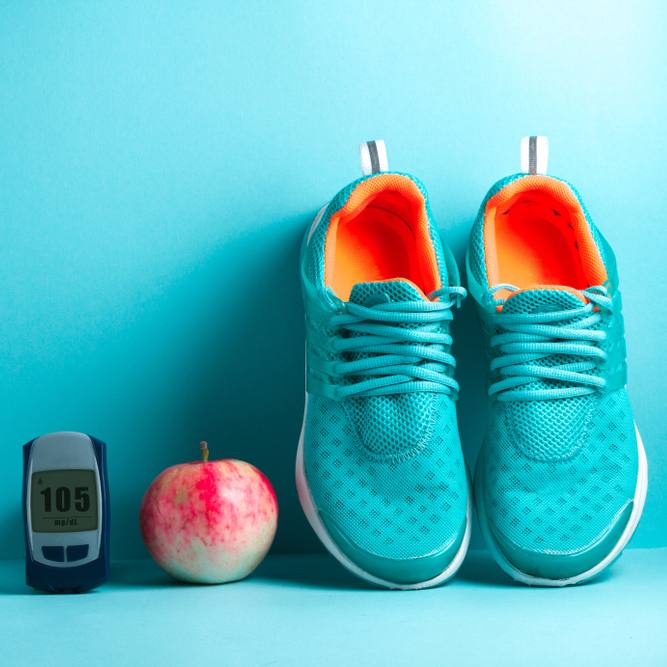Mayo Clinic doctors are using innovation to improve the lives of people who suffer from congestive heart failure and other chronic heart conditions. The Organ Care System, also known as "heart in a box,” is potentially helping to expand the donor pool, which is crucial, considering that more than 4,000 people in the U.S. are waiting for a new heart. That’s according to the organization Donate Life America.
Dr. Lisa LeMond, a Mayo Clinic cardiologist, explains how the heart perfusion system works.
Journalists: Broadcast-quality video (1:07) is in the downloads at the end of this post. Please courtesy: "Mayo Clinic News Network." Read the script.
Every single hour, minute and second counts as the transplant team races against the clock to provide organ recipients with a lifesaving gift.
"In this country, there are not enough hearts to meet the needs of all of the patients who could potentially qualify for a heart transplant," says Dr. LeMond.

Technology is improving methods of preserving and transporting donor hearts
Innovation is improving transplant surgeries. Typically, donor hearts are retrieved from a person who is declared brain-dead but whose heart is still beating. With the relatively new system, heart in a box, doctors can revive the donated heart by perfusing the organ with warm, oxygenated blood.
"We now have new technology that allows us to place the donor hearts into a special machine which delivers blood and controls the temperature to the heart to allow it to start beating," explains Dr. LeMond.
The perfusion system can preserve the donated heart for up to 12 hours. Before this technology, the donor heart would be on ice in a cooler to preserve it during transport, and doctors only had about four hours to get the heart to the recipient. So far this year (as of Nov. 20), the Mayo Clinic Transplant Center has performed 156 heart transplants across all Mayo Clinic campuses.
Heart transplants are performed in patients with:
- A weakening of the heart muscle (cardiomyopathy).
- Coronary artery disease.
- Heart valve disease.
- Congenital heart defect.
Related posts:
- A timeline of transplant innovation
- Organ Transplant Innovation: Helping more people get the gift of life
- Four ways organ transplants are being transformed to save more lives
- At 81, woman is among world’s longest-surviving transplant recipients








